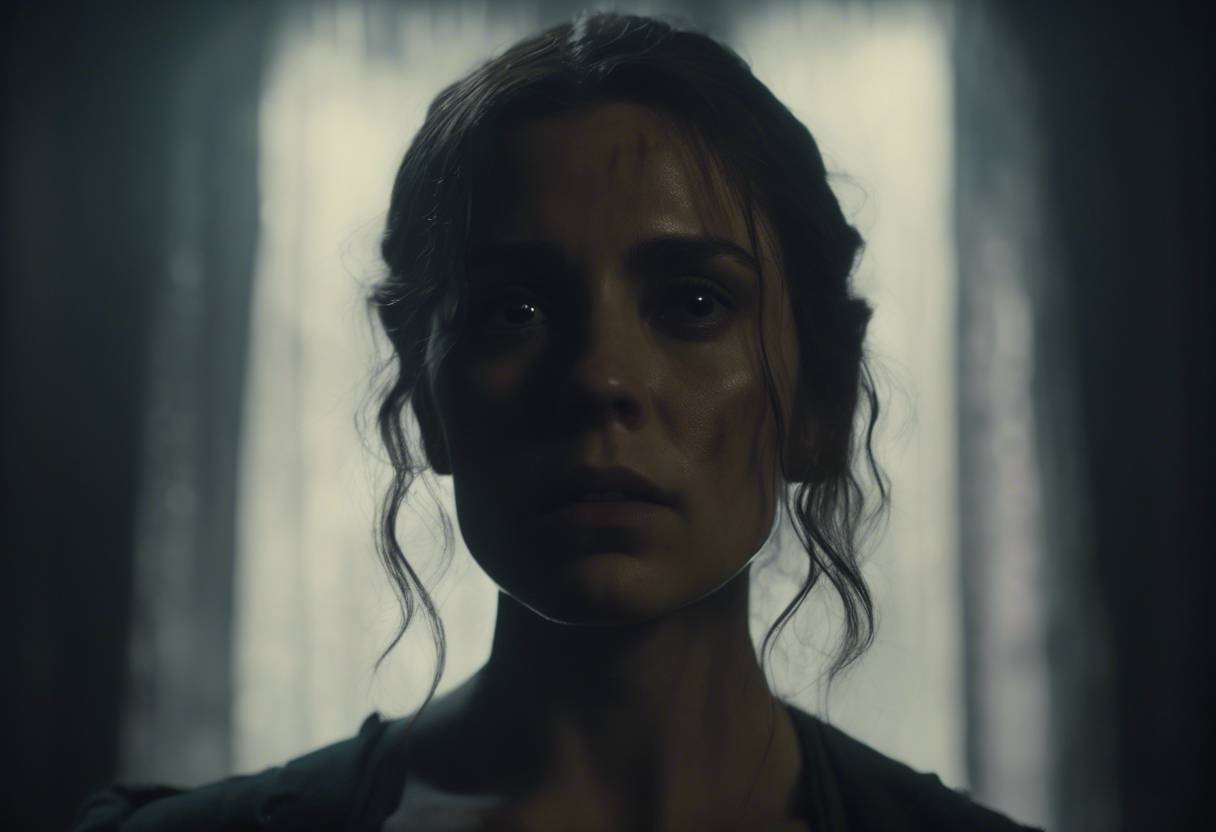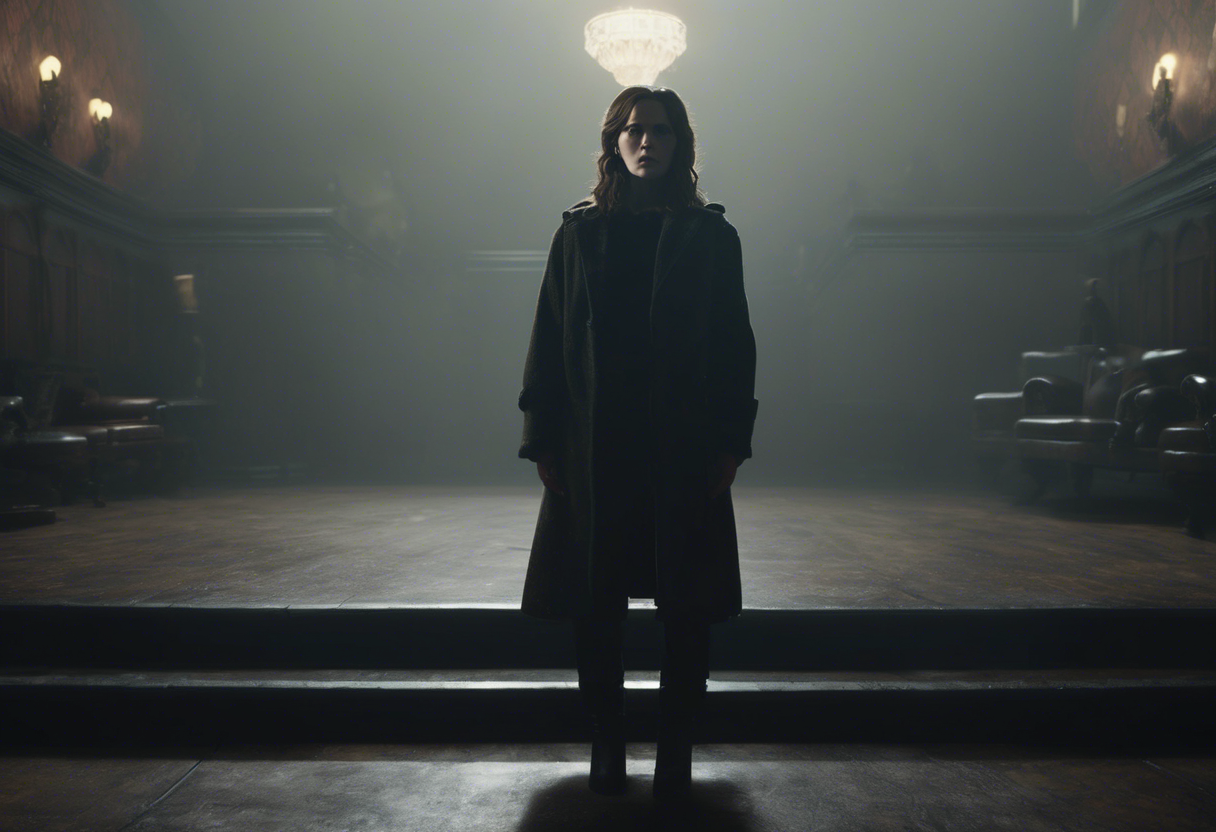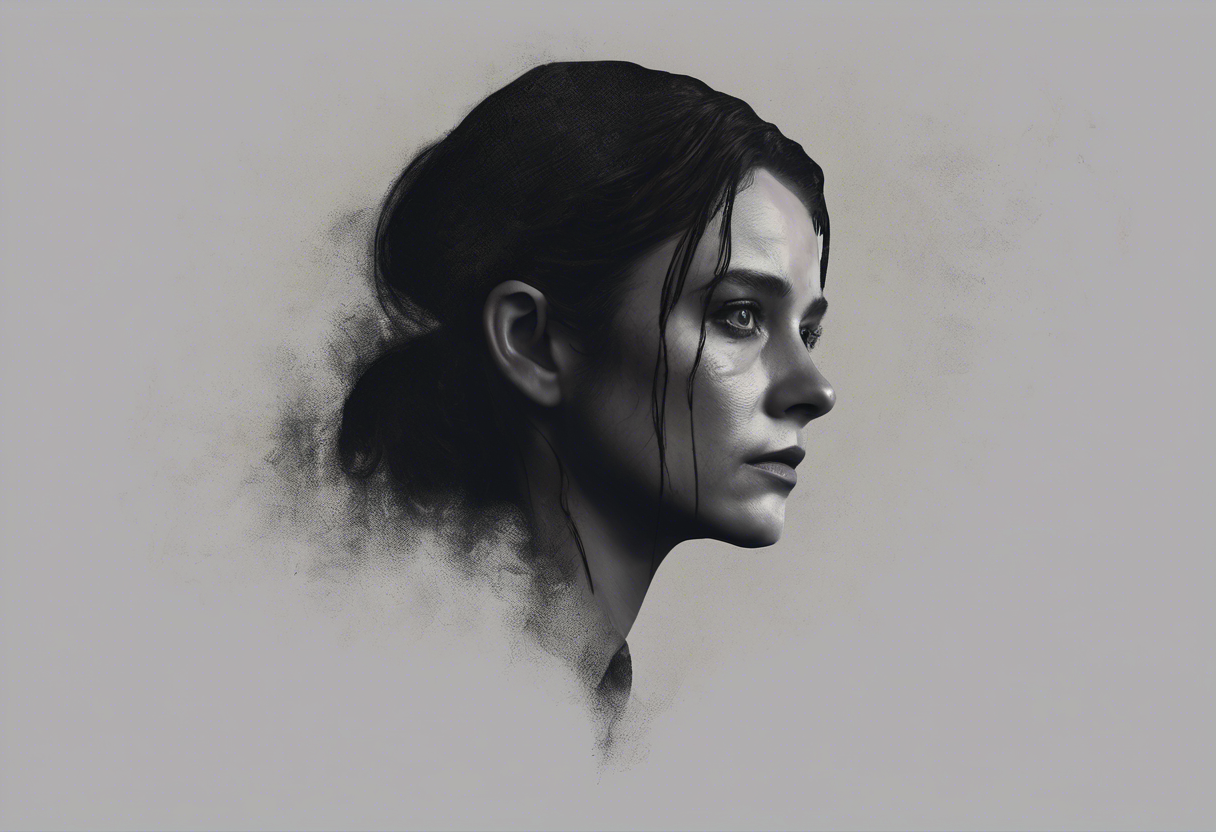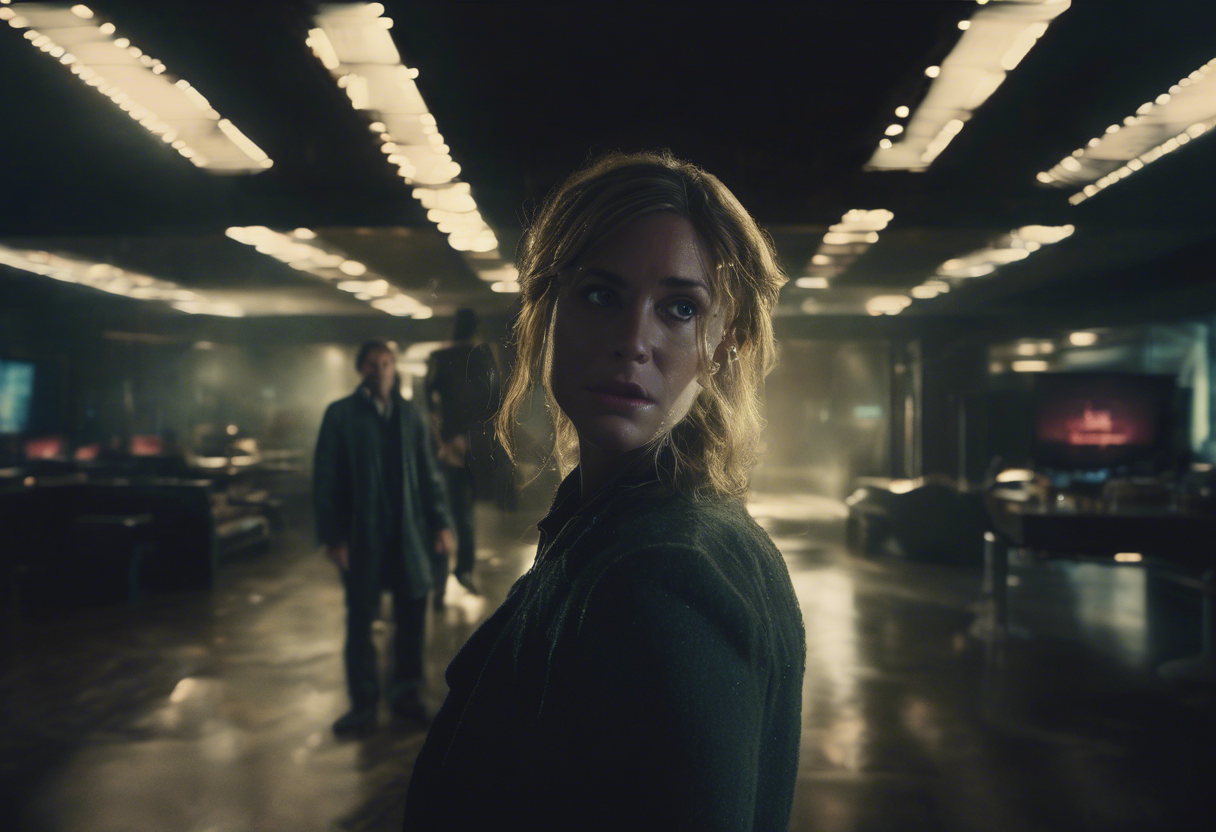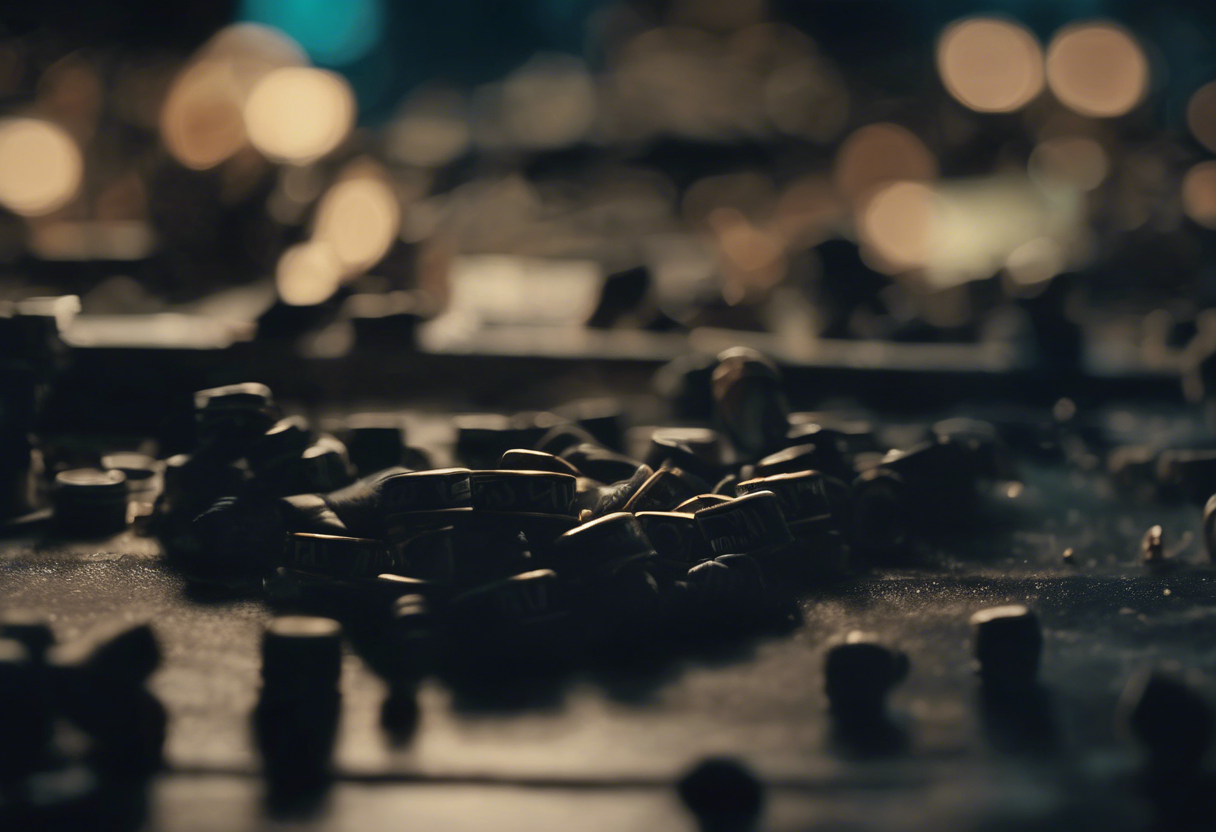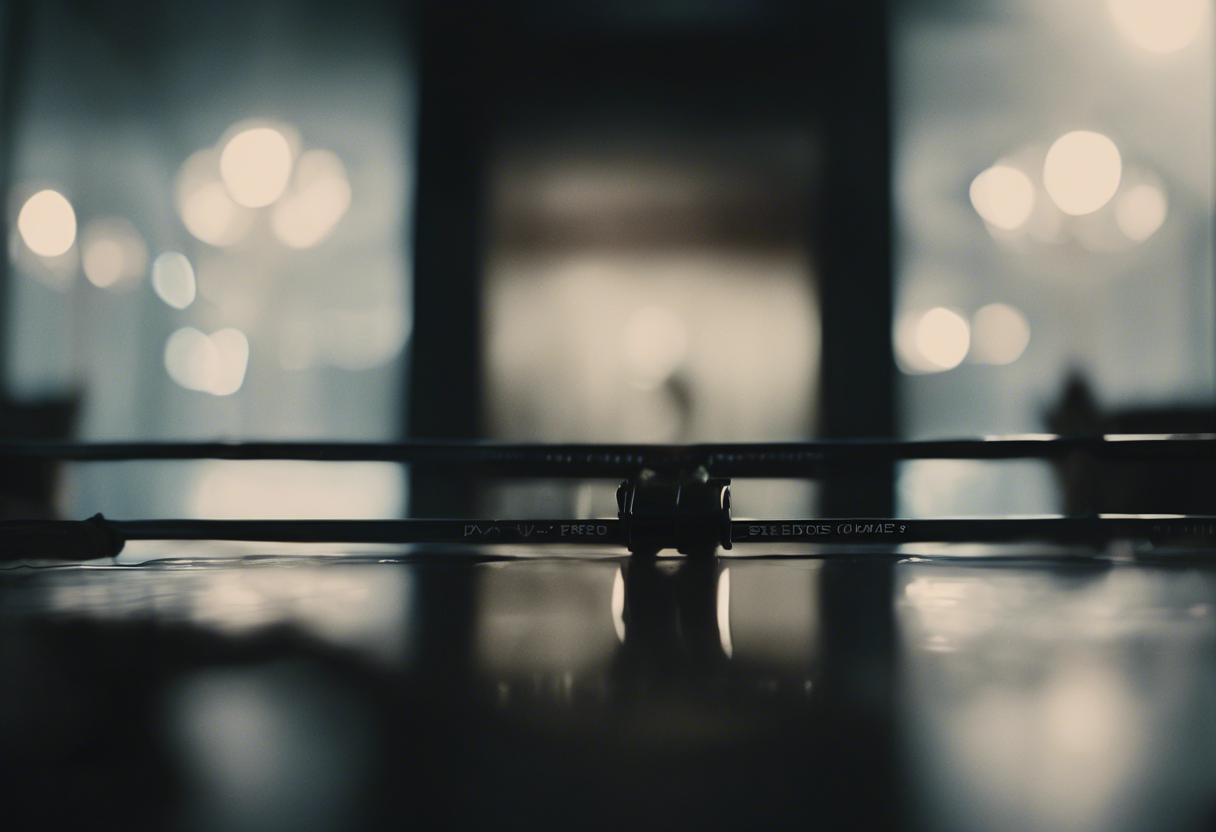Contents
Dark Season 3: Episode 1 – Deja-vu
Introduction
"Dark," the German science fiction thriller television series created by Baran bo Odar and Jantje Friese, has garnered significant attention for its complex narrative, intricate character development, and philosophical themes. The series, which ran for three seasons from 2017 to 2020, is known for its non-linear storytelling and multiple timelines, set in the fictional town of Winden. The first season, released on December 1, 2017, set the stage for a series that would explore the interconnected lives of several families across different eras, including 2019, 1986, 1953, and 2052[1][2].
The third season, announced on May 26, 2020, and released on June 27, 2020, marked the final chapter of the series. This season introduced new timelines and a parallel reality, further complicating the already intricate narrative. Episode 1 of Season 3, titled "Deja-vu," is a pivotal episode that sets the tone for the final season, delving deep into themes of fate, free will, and the cyclical nature of time.
Baran bo Odar and Jantje Friese, the creative duo behind "Dark," are also known for their work on films like "Who Am I" and their subsequent Netflix series "1899." Their collaboration on "Dark" has been praised for its meticulous storytelling and visual craftsmanship[3][4].
Plot Summary
"Deja-vu," the first episode of Season 3, opens with a profound quote by Arthur Schopenhauer: "Man can do what he wills, but he cannot will what he wills." This quote sets the stage for the episode’s exploration of the tension between free will and determinism. The narrative begins with a voiceover that questions whether knowing the outcome of our actions would change our decisions or if we are inevitably bound to our fate.
The scene transitions to a man holding a gas lantern entering the Sic Mundus lair, which is in disarray. The room is filled with scattered pages, and the man examines the "Fall of the Damned" painting. He picks up a paper from the desk, which appears to be the plans for the suitcase time machine. This scene is significant as it hints at the ongoing struggle to understand and control time travel within the series.
The episode then shifts to Jonas Kahnwald, who is now known as Adam, the leader of the Sic Mundus group. Adam’s character has evolved significantly, and he is now driven by a singular focus on breaking the cycle of time. He shoots Martha, an act that seems to be a pivotal moment in the narrative, but it is quickly revealed that this Martha is from a different world. This alternate Martha informs Jonas that she is from a world where events have unfolded differently, introducing the concept of parallel realities.
Stranger Jonas, an older version of Jonas from a different timeline, rescues Bartosz, Franziska, and Magnus from the apocalypse that occurred at the end of Season 2. This rescue mission is part of a larger plan to prevent the catastrophic events that have been recurring in Winden. The group’s journey is fraught with danger, and they must navigate through different timelines to prevent the impending doom.
Throughout the episode, the narrative jumps between different timelines and realities. In 1888, we see the origins of the Kahnwald family and the early days of Winden, which provides a historical context to the events unfolding in the present. The parallel reality introduced in this season adds another layer of complexity, showing alternate versions of main characters and how their lives could have been different.
The central conflict of the episode revolves around the characters’ attempts to change their fate and the consequences of their actions. Jonas’s decision to shoot Martha, for instance, has far-reaching implications that are only beginning to unfold. The episode also delves into the personal struggles of the characters, particularly Claudia Tiedemann, who is grappling with her role in the cycle of events and her desire to break free from her predetermined path.
As the episode progresses, it becomes clear that the characters are trapped in a cycle that they cannot escape. Despite their efforts to change the course of events, they are drawn back to the same outcomes. This cyclical nature of time is a recurring theme in "Dark," and "Deja-vu" reinforces this idea through its narrative.
The episode concludes with a sense of inevitability, suggesting that the characters’ actions, though well-intentioned, may ultimately lead to the same fate they are trying to avoid. This sets the stage for the rest of the season, which will explore the consequences of their actions and the ultimate fate of Winden.
Themes and Symbolism
"Deja-vu" is rich in themes and symbolic elements that are characteristic of the "Dark" series. One of the primary themes is the debate between free will and determinism. The episode questions whether the characters’ actions are truly their own or if they are bound by a predetermined fate. This theme is underscored by the voiceover at the beginning, which suggests that even if we know the outcome of our actions, we may still be unable to change our course.
The concept of parallel realities is another significant theme. The introduction of alternate versions of characters highlights the idea that every decision creates a new reality, but these realities may not be as different as they seem. This theme is symbolized through the multiple timelines and the characters’ interactions across these timelines.
The "Fall of the Damned" painting in the Sic Mundus lair is a symbolic element that represents the chaos and destruction that the characters are trying to prevent. The painting serves as a visual reminder of the catastrophic events that have occurred and the potential consequences of their actions.
The character of Adam, now a central figure in the narrative, symbolizes the destructive power of obsession and the dangers of trying to control time. His actions are driven by a singular focus on breaking the cycle, but this focus has led him down a path of destruction.
Cultural Impact
"Deja-vu" and the entire "Dark" series have had a significant cultural impact. The show’s complex narrative and philosophical themes have resonated with audiences worldwide, sparking discussions about time travel, free will, and the nature of fate. The series has been praised for its originality and depth, making it a standout in the science fiction genre.
The episode’s release was highly anticipated, and it did not disappoint. Fans of the series were eager to see how the story would unfold in the final season, and "Deja-vu" provided a compelling start to the conclusion of the series.
Critical Reception
"Deja-vu" received widespread critical acclaim upon its release. Critics praised the episode for its intricate storytelling, visual craftsmanship, and the way it delved deep into the themes of the series. The episode was noted for its ability to balance complex narrative arcs with character development, keeping viewers engaged and invested in the story.
Viewers also responded positively to the episode, appreciating the way it set the stage for the final season. The introduction of new timelines and the parallel reality was seen as a bold move that added another layer of complexity to the narrative.
Legacy
"Deja-vu" and the "Dark" series as a whole have left a lasting impact on television and the science fiction genre. The show’s innovative storytelling and exploration of complex themes have influenced other creators and series. The episode’s focus on the cyclical nature of time and the tension between free will and determinism has become a benchmark for philosophical storytelling in television.
The series has also inspired a new wave of science fiction shows that explore similar themes and narrative structures. "Dark" has become a cult classic, and its influence can be seen in many subsequent series and films.
References
- https://en.wikipedia.org/wiki/Dark_(TV_series)
- https://about.netflix.com/news/dark-the-first-netflix-original-series-produced-in-germany-commences-principal-photography
- https://en.wikipedia.org/wiki/Baran_bo_Odar
- https://about.netflix.com/news/1899-creators-of-dark-start-production-for-new-netflix-original-series
- https://www.1ofmystories.com/2023/08/netflix-dark-season-3-episode-1-recap.html

